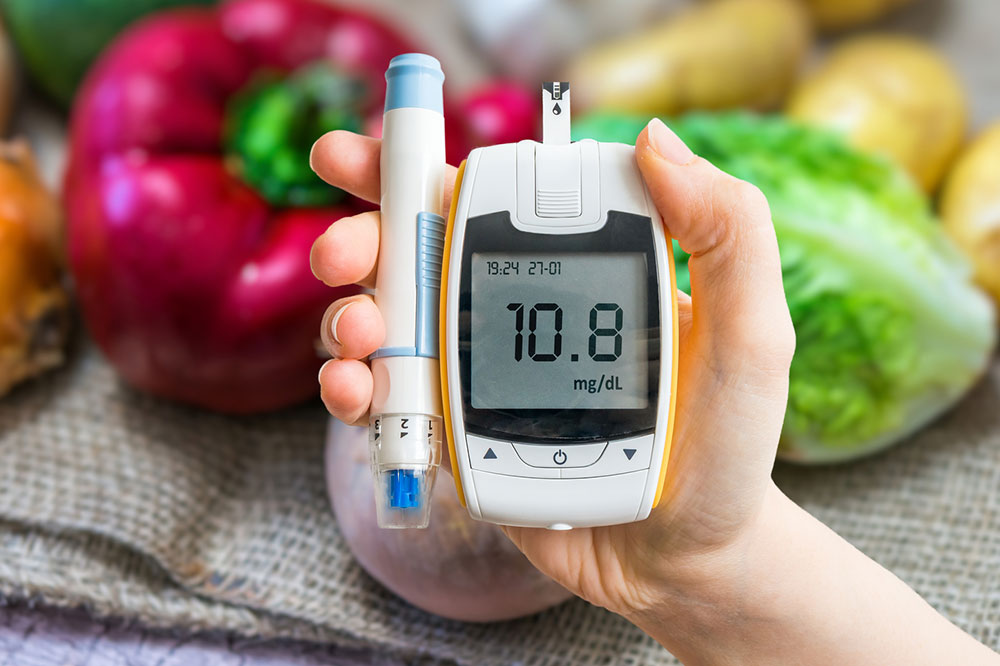4 simple ways to reduce the risks associated with type 2 diabetes
Diabetes is a condition wherein the blood sugar levels in one’s body are higher than the standard limit. Among the commonly known types of situations, type 2 diabetes affects millions of people each year. In type 2 diabetes, the body does not make insulin (a vital compound that breaks down glucose from food to convert into energy).

It is easy to prevent type 2 diabetes and delay any complications that might arise out of condition. Have a look at what medical professionals recommend for patients of varying ages.
Weight loss and management
Being obese or overweight increases the risk of diabetes significantly. It is one of the leading causes of type 2 diabetes and complications associated with the condition. Weight management effectively starts with shedding those excess pounds first and then planning an active lifestyle that prevents further weight gain. Even losing just 7-10% of current body weight can reduce the chances of type 2 diabetes by half.
Limit smoking and alcohol consumption
Research indicates that consuming moderate amounts of alcohol, the recommended limit for men and women, actually helps insulin to break down the glucose cells. However, excess consumption does increase the risk of type 2 diabetes significantly. Studies also show that frequent or heavy smokers are at a higher risk of suffering from diabetes in comparison to nonsmokers. So, it is time to kick the habit for good.
Stay active
Inactivity often is linked to type 2 diabetes’s triggers, which does not mean one must compulsorily hit the gym and pump some iron to stay active. A casual half-hour of brisk walking can bring upon the same level of effect to reduce the risk by at least 30%. Experts recommend walking at least five hours every week to improve the body’s cardiovascular activity. Regular workout improves the muscles’ ability to circulate insulin throughout the body better and absorb glucose.
Plan a healthy diet
Dietary changes form a crucial part of diabetes management as one must complement a healthy lifestyle with good food. The daily diet must include a proper balance of whole grains and foods made with whole grains. These include quinoa, buckwheat, millet, barley, brown rice, and even oats as a substitute for products that are refined or processed carbohydrates. One must avoid the frequent consumption of sugar-based beverages like flavored colas and soft drinks. Coffee and tea are acceptable choices. Also, note that there is a direct link between sugar consumption and weight gain. Avoid foods and certain condiments that contain highly processed fats and trans fats. These are products that are readily available on the shelves in the market. Finally, one must also reduce the consumption of red meats and switch to more lean cuts to help lower the risk.











